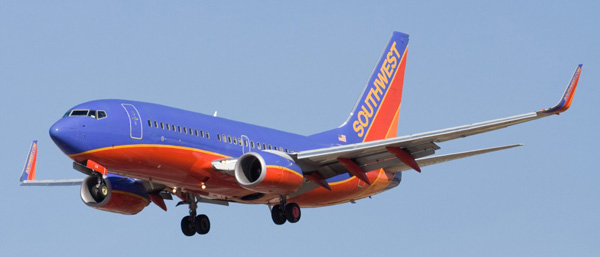Over the past several decades, the line between being pro-market and pro-business has become obfuscated to the point of indifference. Politicians on the right and left brandish their “job creating” bona fides, and spout-off a laundry list of projects they’ve promoted. On the left, it is common knowledge that the Keynesian philosophy of a government-driven economy is the norm. What’s surprising is that many on the right roll right along with Keynesianism in camouflage. The consequence is an artificial business and social culture, which is driven more by who has the lobbying dollars, than who’s labored the hardest. Individuals aren’t the only recipients of welfare in this Country, there’s a broad range of industries living off the public dole as well.
Taxpayer-financed economic development corporations undermine the free-market system as effectively as a stimulus package. The philosophy behind both is the same: that the government, or government-sponsored entity, can control capital better than the people who create it. Representative Paul Ryan (R-Wis.) said it best in a recent interview: “The problem we have had as a party is we have often confused being pro-market with being pro-business.” I couldn’t agree more. The current state of play has the American people choosing between Keynesian and Keynesian light. Many of our fellow Republicans have made the fundamental mistake of believing that pro-business is inherently pro-market. I’d take humble exception with this notion, as nearly all “job announcements” by economic development agencies take place after large sums of public money have subsidized private projects. The free-market, by definition, is “a market that is not interfered with by government constraints on transactions.” Unfortunately, this is rarely realized.
Take, for example, recent incentives packages cobbled together for Southwest Airlines. This set of “targeted incentives” was constructed to entice the company to move to South Carolina. In the case of Southwest Airlines, they decided to move to our State without the assistance of the legislature. Why? Because they believe the investment makes sense; they believe that South Carolina is a good place for them to do business. If they didn’t, the legislature was ready with a back-up plan: subsidize their ticket sales. In order to ensure that the air carrier came to our State, regardless of feasibility, the legislature was ready to subsidize its losses. They were willing to write a check, funded by the taxpayer, each year to ensure Southwest came to SC airports. This sort of corporate welfare ensures that taxes are kept high, as these type projects require funding, while our state constitution requires a balanced budget.
As the favorite projects of politicians gain public funding, small businesses from Greenville to Georgetown, Abbeville to Aiken, struggle to make ends meet. All the while, their representatives are in Columbia pledging their money to international corporations to make headlines, while they struggle to make payroll. When the SC Legislature reconvenes next winter, and the Republican Congress is seated on Capitol Hill, it is time for Republicans to be pro-market, not merely pro-business. Our free-market system and, by extension, our economic prosperity is dependent upon it.







